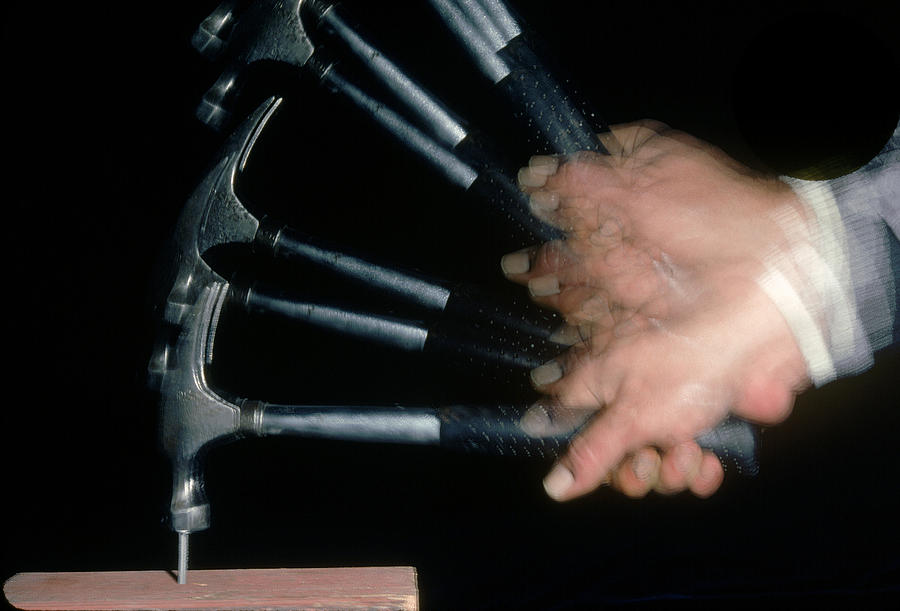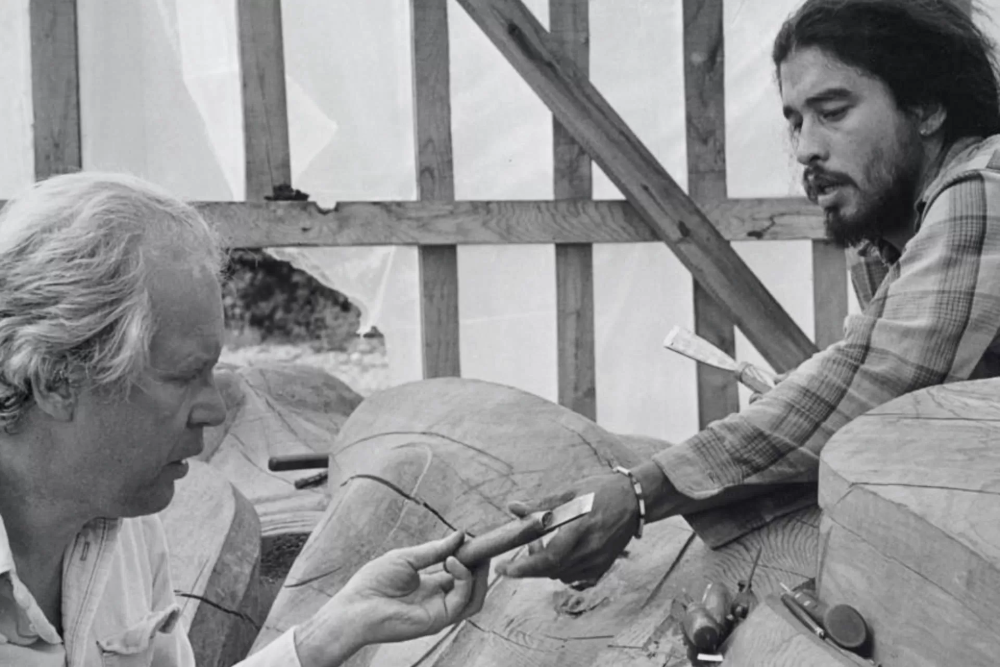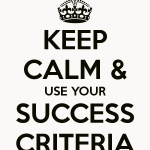“When you assume you make an ass out of you and me”. Most of us have heard that in grade school. There needs to be something similar for assessments. “When you get assessed you…” I don’t know.
Here’s the problem with assessments. All assessments are good, or they are all awful, depending on how you use them.
For example, I am a Myers-Briggs (MBTI) certified instructor. I don’t know how many times people have told me, “Oh, the MBTI is useless. It does not predict at all how a person is going to do at their job” (for example).
No kidding. You know why that is? Because that’s not what it’s designed for.
It’s like saying, “That Ferrari sucks. It’s useless in plowing my field to plant potatoes.”
I have used the MBTI extremely effectively to help lead people to careers they would be happy in, when I ran my career coaching and counselling business. I have used it to bring teams together and become very effective, collaborative units.
But, I have also seen this. A good friend of mine quit his job after members of his team began ostracizing him after a MBTI assessment in his company. The organization identified him as an outlier, as his MBTI profile was different from the rest of the team (who all had a similar profile).
He went from being regarded as this unique but interesting addition to their team, to being mocked and made to feel inadequate. And I have heard a few more second hand horror stories related to the MBTI, as well as other assessments
A Tool is as Good as It’s Purpose
 The reason for all of this is that an assessment is like a tool. It has its specific uses. In this way it’s no different from, let’s say, a hammer.
The reason for all of this is that an assessment is like a tool. It has its specific uses. In this way it’s no different from, let’s say, a hammer.
For instance, if you had to make sure that a 2 by 4 stud stayed fast to the wall with nails, what would you use? A hammer is the only tool you would think of in this case. Or a nail gun if you’re a professional framer. Encouragement and soothing words wouldn’t work here.
On the other hand, if your mother-in-law complained to you that she has trouble keeping her hat on during a windy day, and asked you for assistance, you probably wouldn’t reach for your hammer. Or, at least I hope you don’t have that kind of relationship.
A Tool is as Good as the Craftsperson
I have seen the same assessment used by two different therapists with completely different results. In this case, a friend of mine strongly suspected she had adult ADHD. She went to one professional who assessed her and told her she had anxiety. The assessment indicated this to be the case.
The second professional used the same assessment and got the same result. She concluded my friend had adult ADHD (minus the hyperactivity piece, so ADD).
How is that possible? The first professional saw the report and basically told my friend, “Well, that’s what the assessment says.”
The second professional spoke to my friend in depth after she got the assessment results, delved into some of the answers in detail, and asked questions that went beyond those in the assessment. She understood the condition in depth, and listened deeply to my friend and her experience.
Same assessment, same questionnaire, same friend – completely different results. Like a great carver, it’s not the tools you use, it’s the skills you use them with that make the difference.
As a matter of fact, if you use an assessment with someone who is unqualified, robotic, or worse, somehow biased against you, they can harm you with that assessment.
Assessee Beware
One of my clients recently told me that she went through an assessment which showed she had low empathy. That’s a devastating verdict. Think about it: in essence she is being told that she is on the wrong end of the psychopath scale. Psychopaths have no empathy.
I spoke with her and observed her interactions with others, and how those others responded to her, and saw no evidence of lack of empathy. What I saw was a high functioning operations executive who cared about people. But, when it came to making decisions, she focused on facts rather than feelings. She could be tough.
Basically, this describes the bulk of “Type A” executives.
Furthermore, she genuinely wanted my help in helping address that imbalance. And someone low on the empathy scale would not care about that. Unfortunately, in the meantime her confidence took a big hit. She became indecisive and unsure, and it took a few conversations and exercises to cure that.
What You Should Do
So the next time you want to have any type of assessment done, do yourself a favour and research the assessor. Get references. Call the references. If you are going to spend money on this assessment, and time to complete it and discuss it, spend one extra hour or two interviewing references.
If you can’t do that, such as in the case of assessments you need as part of your job, there are still things you can do. Find out the name of the assessment, before or after you’re assessed. Then do a bit of online research about what that assessment is supposed to identify.
Also, read up on how it can be misused, and the harm it can cause. It’s not fun reading, but at least you’ll be ‘vaccinated’ against the worst impacts.
In addition, consider paying to get a second opinion. A few dollars can prevent your self-confidence taking a beating. Low self-esteem can impact your lifetime earning potential, which is a lot more than the cost of a second opinion.
Finally, be careful about online quizzes and assessments, unless you really know what you’re doing. At best you will leave feeling unsure about yourself, and at worst you may fall victim to some fraud scheme.
Physician, (don’t?) heal thyself
It’s the same advice as researching Dr. Google when you’re not feeling well. You’ll read about how your symptoms are the same as for some rare type of cancer. That will ruin your sleep, and cause even more health issues. And it can only get worse from there as you start trying esoteric cures for a problem you don’t have.
Assessments are good tools that can aid your self-discovery and identify strengths you were unaware of. But they can also do a lot of harm. Protect yourself, and make sure you get the best for yourself.
Like this blog? Share it with your colleagues. And sign up and you won’t miss another one!











